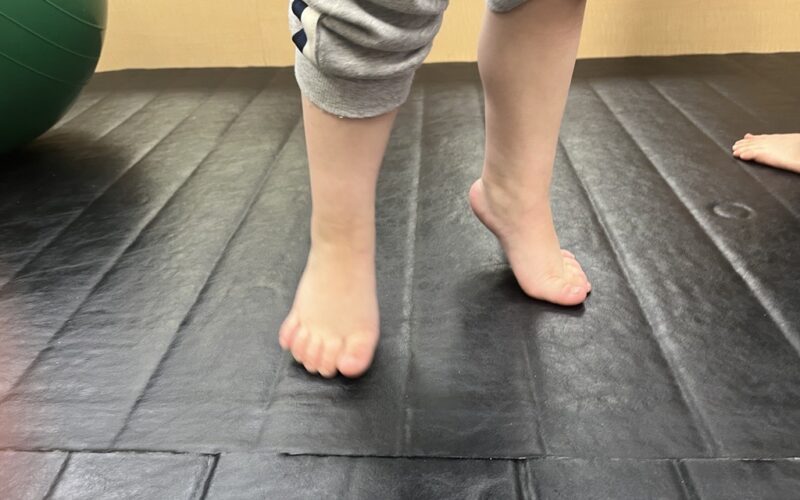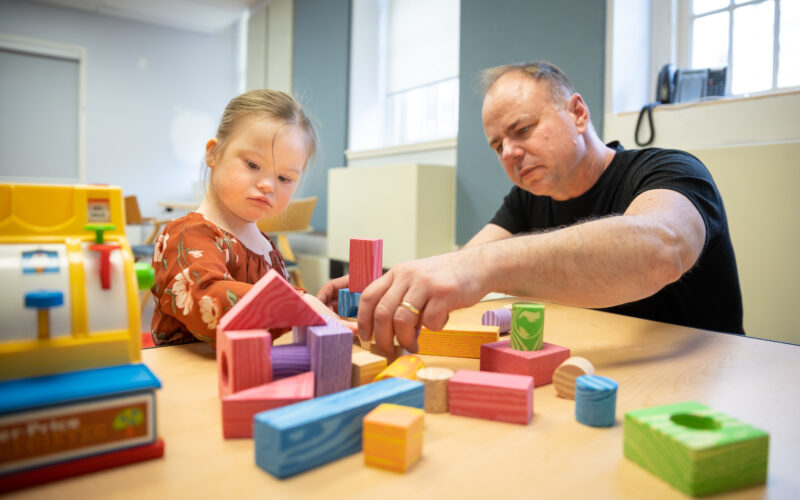In this video, workshop facilitators support family and caregivers in their exploration of why, when and how to share information about diagnosis with community members. Using a strengths-based approach is encouraged when sharing diagnosis.
In addition, we will discuss tips for sharing diagnostic information with your child. Family and caregivers can also get tips about how to anticipate and manage different reactions that their child may having after learning this new information.
How do I manage reactions that my child may have?
Some of the reactions that your child may have include:
- Denial (e.g., “I don’t want to talk about it”)
- Suggest resources that your child can use when they feel ready and interested (e.g., leave a book out on the table)
- Provide small comments and explanations when context is appropriate:
- “Wow, did you know part of why you might be especially good at [name skill] might have to do with ADHD?”
- Distress, Anger, Blame (e.g., “I hate you” or “I hate myself)
- Usually worse if they sense the info was unnecessarily withheld
- Allow them to feel and express how they are feeling with support
- Affirm and identify feelings
- Allow them to elaborate without correcting them
- Redirect to strengths
- May trigger depression
- Consider psychology or psychiatry involvement
- Maintain strengths-based approach
- May use it as an excuse for bad behavior
- E.g., “I can’t do that because I have an intellectual disability”
- Use behavioural strategies to stay firm on behavioural expectations
- Ensure consistent approach across environment (e.g., school and home)


